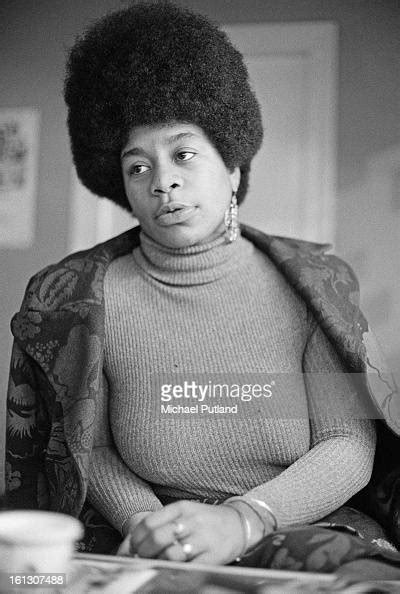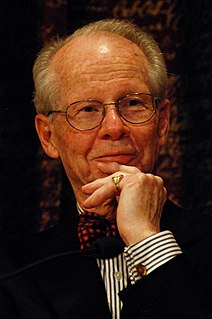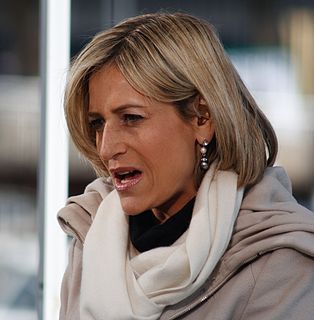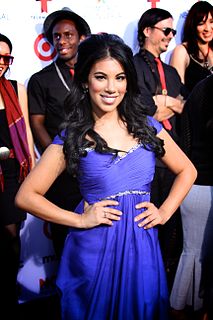A Quote by Astra Taylor
I feel like we're stuck in the former mode of reacting because that's what gains traction in Washington. But I really believe we need a robust public good argument. Net neutrality is not just about creating the next Instagram or Farmville or whatever.
Related Quotes
Ultimately, the current argument is "not having net neutrality will hurt innovation," and you can make that argument, but I would rather make the public good argument, which is not just about innovation or nurturing new companies that will add to the nation's GDP, it's actually about creating a democratic public sphere.
The net neutrality game is to make everybody the same so that there's no difference and the prices are the same and if these Millennials got their way nothing would cost anything. But it's classic. This is a great illustration. Net neutrality is being stood upside down which is good because it's pro-competition, it offers customers options.
Personally, the message that I would like to convey to everyone is just that life is really great and you can do whatever you want with it. That's what I feel like I've gotten out of my experience with the band, because I have done so many amazing things that I never thought I would get to do-and I don't really feel like I'm any more qualified than the next person. I feel like people should take their goals seriously and do exactly what they want, because they can.
My Instagram has personal things, like pictures of my home, but generally it's my voice, and that's a public thing. Using my Instagram posts in my art is not about taking my personal Instagram and making it public; it's about understanding and challenging the notion of these free platforms that encourage self-promotion and understanding what they are technically and culturally.
Look at the way liberals name things. "Net neutrality." It's like Switzerland! They don't take sides, everybody's fair, everything's the same. It's not what it is. Net neutrality rules are anti-consumer and anti-competitive. By definition, liberals don't believe in competition, and you know that. Competition is the root of all evil, as far as leftists are concerned, 'cause there are winners and there are losers, and the losers are sad and disappointed, and that's unacceptable. So everything must be the same. Nobody can have more than anybody else.
The remediableness criterion is an effort to deal symmetrically with real world institutions, both public and private, warts and all. The criterion is this: an extant mode of organization for which no superior feasible form of organization can be described and implemented with expected net gains is presumed to be efficient.
I guess for me, balance isn't about treating your time like a pie chart and dividing it into equally sized slices for you, the kids, work, and so on. It's about the quality of how you spend your time, not the quantity--are you being present and focused on whatever you're doing while you're doing it? I truly believe that's how you can be the best version of yourself, whether you're in work mode, mom mode, or wife mode. When I know I'm giving my undivided attention in each of these areas, I don't feel so guilty about the time spent away from them.
The Web took off in all its glory because it was a royalty-free infrastructure . . . When I invented the Web, I didn't have to ask anyone's permission. Now, hundreds of millions of people are using it freely. I am worried that that is going to end in the U.S.A. If we had a situation in which the U.S. had serious flaws in its Net Neutrality, and Europe did have Net Neutrality, and I were trying to start a company, then I would be very tempted to move.
Because I also write, I really admire Latinas who are creating content. That's the next step. We can talk about seeing more Latinas on TV all day long, but it's about what we can do to make that happen. Women like Eva Longoria, Sofía Vergara, Jennifer Lopez, and Salma Hayek are producing a lot of great shows that feature Latinas. Those are the women who inspire me because they're not just acting; they're creating for the future.



































